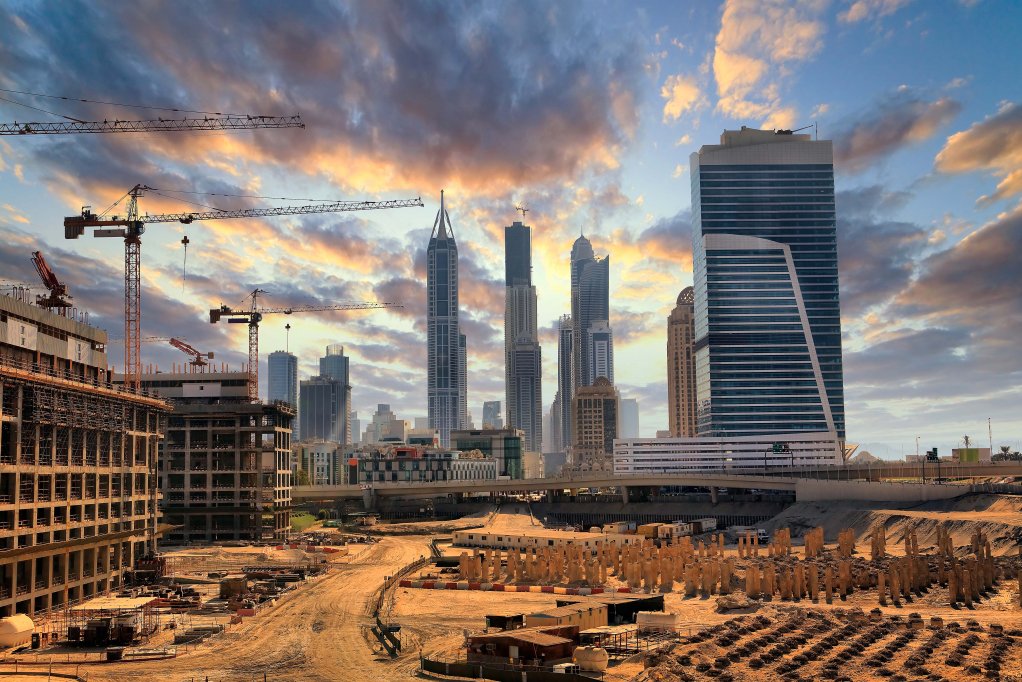Owing to the decline in mining activity because of the global economic downturn, which has also affected the construction industry negatively, Swaziland-based construction group Inyatsi Construction chairperson Frans Pienaar states that business in housing developments will increase for the construction sector in Africa this year, as a result of an increase in urbanisation.
He adds that urbanisation is linked with a growing middle class across the continent, which will lead to increased demand for housing, infrastructure, water supply and purification, as well as sewerage and electricity. Subsequently, there will be spin-offs in retail, mining and electricity, with critical water shortages also expected.
“The biggest potential for growth in the construction industry lies in infrastructure, and service facilities such as healthcare and education. There is also a backlog in repairing old and decayed infrastructure . . .”
Even though construction in the transport, energy and power sectors is critically important for long-term economic growth, Pienaar says, the industry will remain under pressure, as other infrastructure areas will receive higher priority because it will be more advantageous to “address low-hanging fruit to gain political support [and] . . . rather postpone investment in the transport sector”.
However, the industry faces many challenges, such as poor service delivery and misappropriation of public funds, he notes, pointing out that the market and the general public are unhappy with these issues and the way they are being dealt with.
Therefore, a model of cooperation among all stakeholders in the project environment must be developed to rebuild trust. New players, like Inyatsi Construction, have to bring a credible alternative to the way problems are being dealt with at the moment.
Pienaar believes that the construction industry should also aim to construct sound buildings, which comply with industry requirements and policies, with all parties involved to be held accountable for the work being done.
In addition to the weak rand, the lack of government tenders being awarded in South Africa is impacting on the confidence of major players in the country, subsequently causing them to shift their focus and search for growth opportunities beyond not only South Africa but also Africa.
Government-funded turnkey options in South Africa should be considered, as their uptake by businesses is likely to be swift, he adds.
“If government gave us a dedicated fund and wish list of infrastructure projects we have to implement, simultaneously requiring us to provide them with proof of the transformation, training and development we achieve, government could get many benefits,” he says.
Further, South Africa needs skills. The loss of skills in the construction industry can be regained through investment. Government can incentivise the repatriation of skills and the market will flood with returning skills.
Pienaar points out that current school leavers who do not have training in science and maths present the construction industry with a big problem. When the industry gets out of this cycle and enters a growth phase, the industry and the country will not be ready to cope with the demand.
“The fundamentals must be put in place now to deal with the long-term demands that are approaching,” he stresses.
Targeted Growth
Inyatsi Construction is seeing major growth opportunities across its sub-Saharan Africa markets. The company is continuously targeting real growth higher than 15% and, with the African construction industry estimated to be worth more than $138-billion a year, the opportunity is there.
Inyatsi Construction has a current order book exceeding R3-billion and more prospects are lined up. Some of its projects will get under way this year, despite being tendered for more than a year ago.
Edited by: Zandile Mavuso
Creamer Media Senior Deputy Editor: Features
EMAIL THIS ARTICLE SAVE THIS ARTICLE
To subscribe email subscriptions@creamermedia.co.za or click here
To advertise email advertising@creamermedia.co.za or click here















